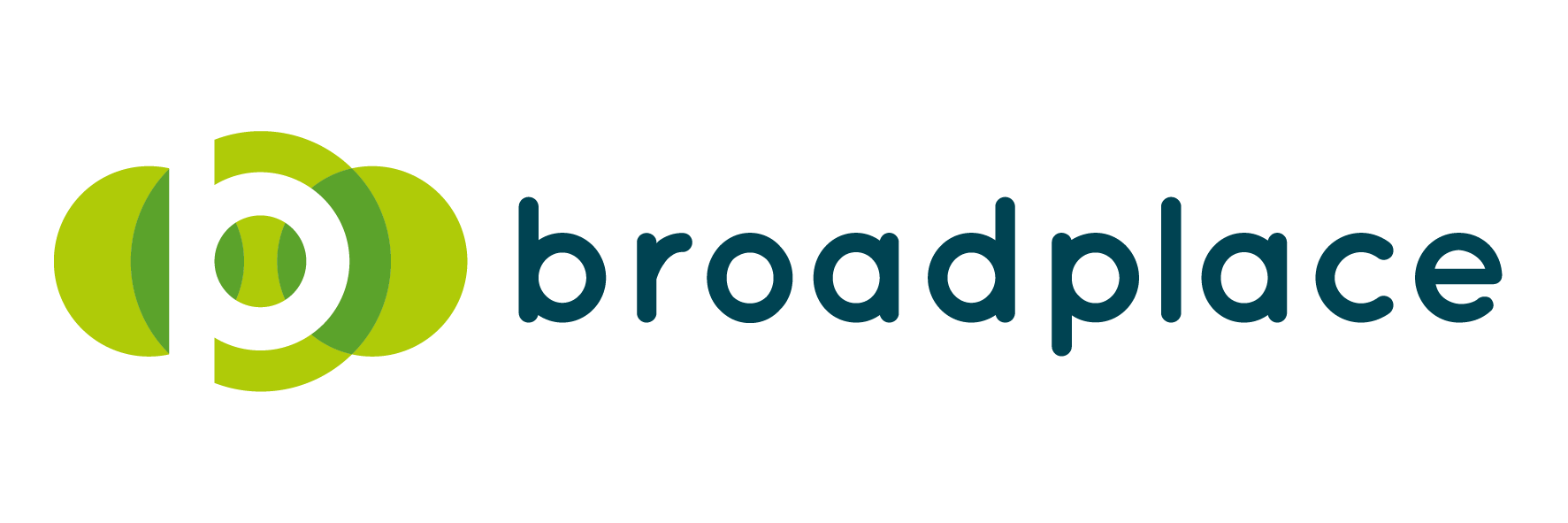
Choosing which keywords to rank for is the foundation of any successful PPC and SEO campaign. So whether you’re embarking on a Google Adwords campaign, or you simply want to ensure your website is visible in the organic search results for keywords related to your business, keyword research is one of the first – and most important steps you must take if you want to increase traffic to your website.
Here’s some of the most important Dos and Don’ts of successful keyword optimisation to help get you started:
DO think of your audience
A clear understanding of your audience will help you focus on what keywords they might be using in search engines to find your product or service. Consider what issues/pain points they may be facing and then create a seed list of keywords relating to these.
DO your research
There are a myriad of free tools available on the web that will give you a sense of the types of terms people are using and what your competitors are ranking for. These include the Google Keyword Planner, SEM Rush and Uber Suggest, to name but a few. These provide a great starting point to help you come up with a list of high-volume keyword phrases that you can bid and rank for. Keep in mind that the higher frequency keywords will be more competitive than those with a low volume.
DO think longtail
Longtail keywords are longer keyword phrases usually containing three or more words.
They are usually less competitive than shorter keyword phrases and quite often, can derive higher conversion rates. This is because someone who is looking for something specific (‘shoes’ versus ‘blue high heeled shoes’) is probably a much more qualified searcher for your product or service.
DO map keywords to the right landing pages
It’s imperative that you have relevant and high quality content on your website to back up the keywords you want to rank for. This not only improves the relevance of your website that leads to more engaged visitors and higher conversion rates, but the more applicable it is to your keywords and target market, the more Google will like you…and your customers will like you even more!
DON’T choose keywords based solely on high search traffic
Just because one keyword has a whole lot more searches than another doesn’t necessarily mean it will be a better performing search term. Take the time to analyse other factors, such as your product/service’s relevance to that keyword, competitor keywords and explore keyword synonyms.
DON’T forget negative keywords
Adding negative keywords to your Google Ad campaign will help to maximise your budget and avoid it showing up on certain search queries that are not at all relevant to your business. Building an air-tight negative keyword list will help to improve the overall conversion rate of your campaign, as well as having a long term positive impact on your Advert’s Quality Score.
DON’T use product names unless they are known to your audience
It’s easy to become sucked in to using branded product names that you might use internally, or jargon that may not be known to those outside of your organisation. Unless these are used frequently within your industry, they are best avoided. Instead, focus on solutions and benefits of your products, and this will help you identify keywords that are more relevant to your audience.
DON’T overlook what your competitors are bidding for
Take a look at the online competitive landscape to find out which keyword phrases your competitors are bidding for. This will not only help to determine how much you need to bid for a given keyword phrase, but it will also help identify whether there are similar keyword phrases that are less competitive, and it could be a great opportunity for you to own market share on just as important keyword phrases, too.
Do you need to take a closer look at your keyword strategy? If so, our Google Qualified team would love to help and guide you in the right direction to online marketing success.
